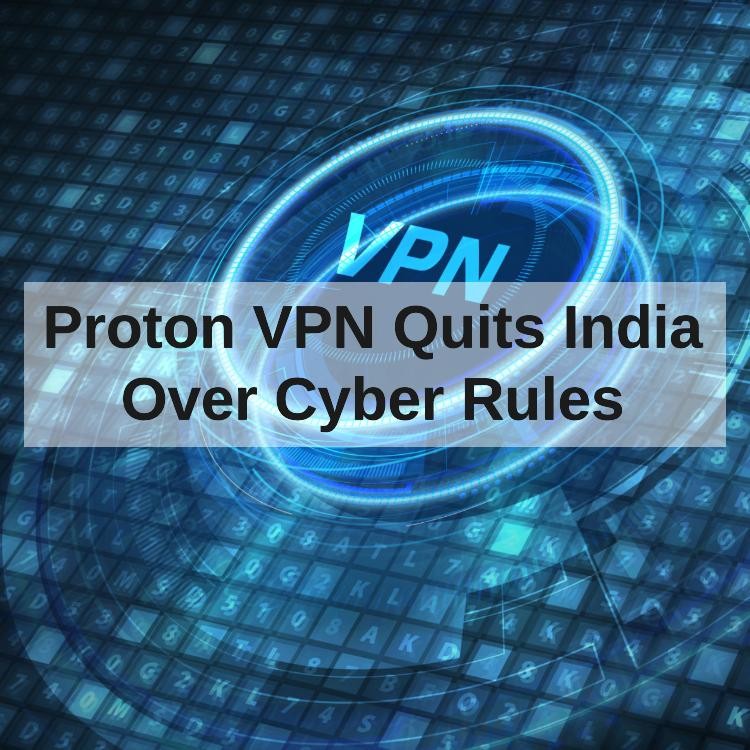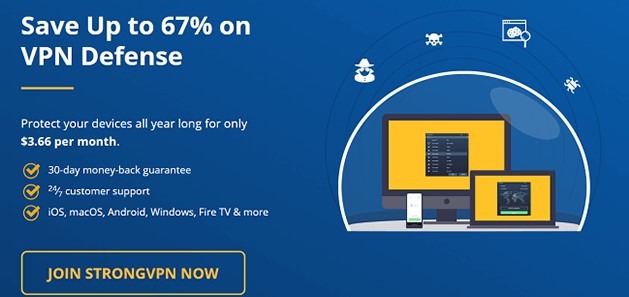Swiss internet company Proton, renowned for its virtual-private-network services, is withdrawing its servers from India in a move to safeguard users' privacy. This decision comes in protest against impending cybersecurity regulations mandating VPN operators to store Indian users' data within the country. Proton, a key player in India's VPN market and globally, joins Nord Security and ExpressVPN, both of which have also opted to shut down operations in protest.
Despite this move, Proton assures Indian users that they can still access its services. The company is introducing "smart routing servers" to provide users with Indian IP addresses. In a tweet, Proton stated, "Today, we're removing our VPN servers in India to protect the privacy of our community due to India's new surveillance law. However, we've rolled out smart routing servers to still give you an Indian IP address."
Unlock Exclusive Discounts at Strong VPN Today!
Andy Yen, CEO of Proton AG, expressed concerns in an interview with The Wall Street Journal, stating that CERT-IN's new cybersecurity regulations pose a threat to internet freedom and put activists and whistleblowers at risk, as VPNs are often used to shield identities from government surveillance.
Originally slated for enforcement on June 28, the deadline for compliance with the new cybersecurity rules was extended to September 25 by CERT-In. However, companies have found ways to circumvent these regulations. Since VPNs operate over the internet, many companies can operate without physical servers in India, effectively sidestepping local laws.
Under the new rules, VPN operators are required to store users' data, including names, email IDs, contact numbers, and IP addresses, for five years. Additionally, they may be obligated to share this data with the government upon request. The government argues that these regulations are essential for national security, as VPNs enable users to remain anonymous online.











